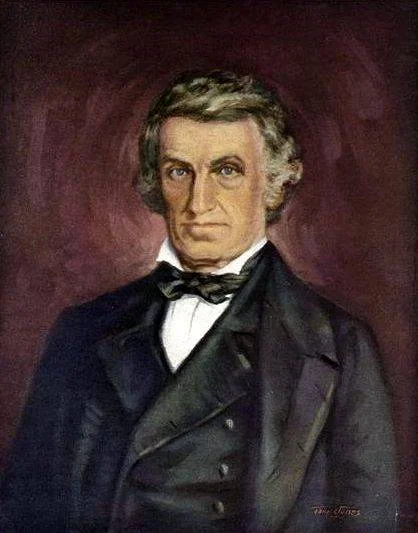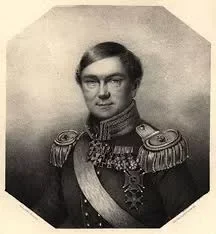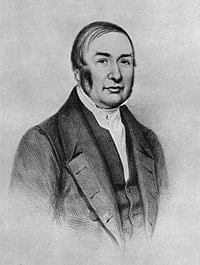Real Celebrities Never Die!
OR
Search For Past Celebrities Whose Birthday You Share

source: wikipedia.org
William Beaumont
Birthday:
21 Nov, 1785
Date of Death:
25 Apr, 1853
Cause of death:
He died as a result of slipping on ice-covered steps.
Nationality:
American
Famous As:
Surgeon
Age at the time of death:
67
William Beaumont's Quote's
Early Life and Medical Education
William Beaumont was an American Army surgeon whose groundbreaking work on human digestion earned him the nickname “Father of Gastric Physiology”. His series of experiments on Alexis St. Martin, a Canadian voyageur who survived a gunshot wound that left a permanent fistula (hole) in his stomach paved the way for Beaumont’s research on human digestion. He published his findings in a book titled “Experiments and Observations on the Gastric Juice and the Physiology of Digestion.”
Beaumont was born in Lebanon, Connecticut, and received his medical education from several local physicians. At the age of 25, he embarked on a two-year apprenticeship under Benjamin Chandler in St. Albans, Vermont. In this period, Beaumont learned medicine through patient observation rather than textbooks, diligently recording his observations and thoughts in notebooks – a habit he maintained throughout his life.
Service in the War of 1812
With the outbreak of the War of 1812, Beaumont left his medical apprenticeship behind and served as an assistant surgeon in the U.S. Army. Over the next three years, he gained extensive experience treating soldiers and performing autopsies. He participated in significant historical events such as the capture of York in 1813 and the Battle of Plattsburgh in 1814. However, the end of the war with the Treaty of Ghent in 1815 led to Beaumont’s resignation from the army.
Private Practice and Return to the Army
Following his resignation, William Beaumont spent four years in private practice in Plattsburgh. However, in 1819, at the age of 35, he reenlisted in the army. He was stationed at Fort Mackinac in Michigan where he treated St. Martin’s wound in 1822 who was accidentally shot in the American Fur Company store.
Discovery of Gastric Fistula and Experiments
A portion of St. Martin’s lungs and stomach was protruding through the external wound, a sight that led Beaumont to believe that St. Martin’s chances of survival were slim. However, under Beaumont’s diligent care, St. Martin managed to survive the immediate effects of the wound but developed a gastrocutaneous fistula, a condition where the wounded stomach adhered to intercostal muscles.
After obtaining his consent, Beaumont continued to perform various experiments on St. Martin’s stomach. He tested the effects of different foods, temperatures, and emotions on the secretion and composition of gastric juice, and he also inserted food samples into the fistula to observe their digestion.
Groundbreaking Discoveries
Beaumont’s experiments proved to be groundbreaking as he provided empirical evidence for the chemical nature of digestion and the role of hydrochloric acid in gastric juice. He also proved the effects that psychological factors had on digestion. He published his findings in a book which was critically acclaimed by the scientific community. It also established him as one of the pioneers of American physiology.
Later Years and Death
Beaumont passed away in 1853 after slipping on ice and injuring his head.
Name:
William Beaumont
Popular Name:
William Beaumont
Gender:
Male
Cause of Death:
He died as a result of slipping on ice-covered steps.
Spouse:
Place of Birth:
Lebanon, Connecticut, U.S.
Place of Death:
St. Louis, Missouri, U.S.
Occupation / Profession:
Personality Type
Logician: William Beaumont was action-oriented and curious to solve all the great mysteries of the universe.
He observed and documented the process of digestion in St. Martin.
One of his patients Alexis St. Martin had a permanent hole in his stomach.
William Beaumont was called the “Father of Gastro Physiology” due to his groundbreaking work on digestion.
He is called the “Father of Gastric Physiology”
He was elected president of the St. Louis Medical Society.


